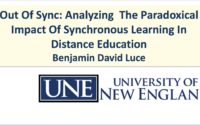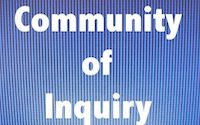
Scientific data from and for the citizen
Powered by advances of technology, today’s Citizen Science projects cover a wide range of thematic areas and are carried out from local to global levels. This wealth of activities creates an abundance of data, for example, in the forms of observations submitted by mobile phones; readings of low-cost sensors; or more general information about peoples’ […]














